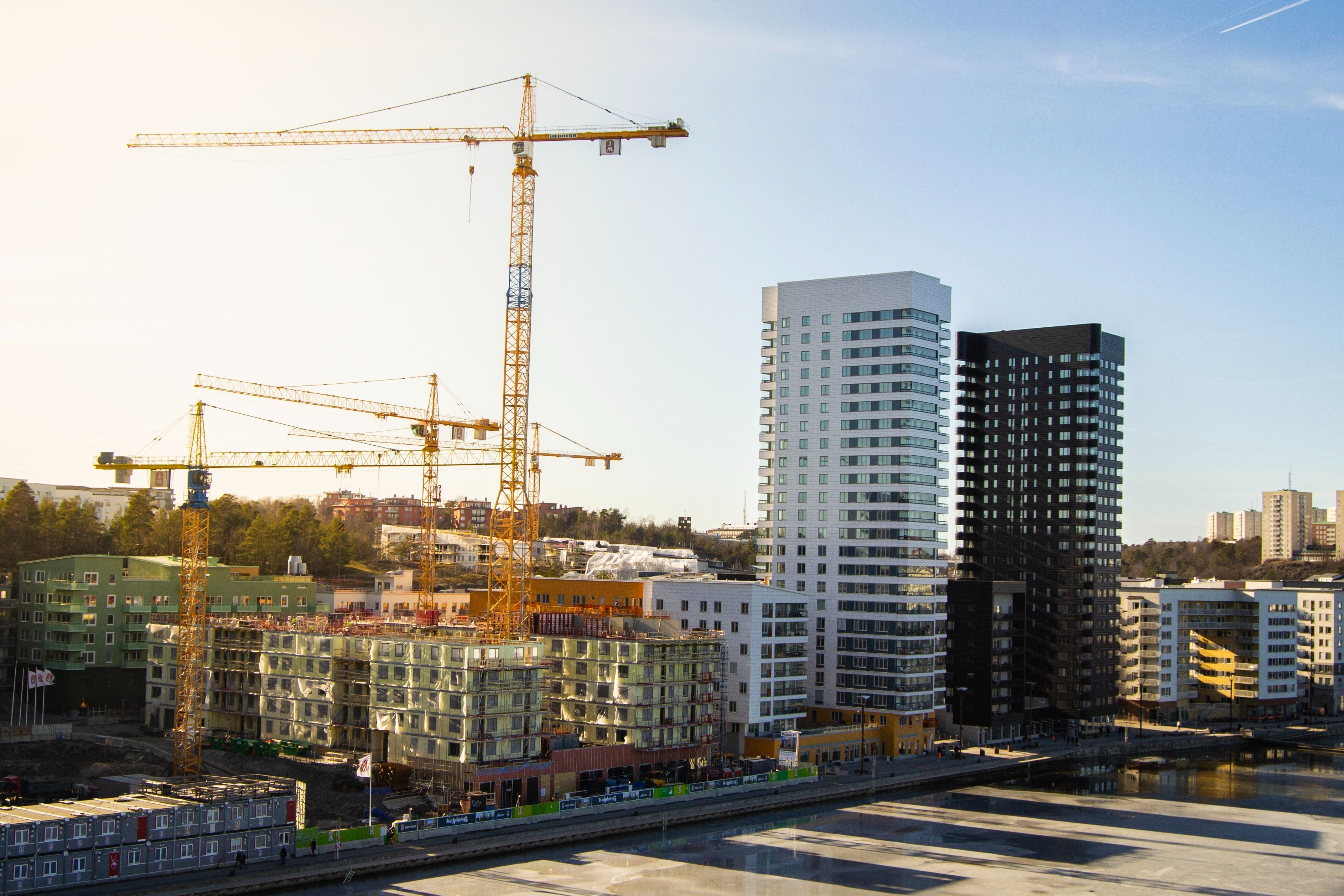The value of decarbonisation pathways for cities and regions
11:30 - 12:30 CET - Tuesday 10 November

Towards net-zero: the value of decarbonisation pathways for cities and regions
Cities have a key role to play in meeting the Paris Climate Agreement goals. They account for two-thirds of the world's energy demand and 70% of CO2 emissions while only occupying ~3% of the Earth’s land mass. However, through their high density of facilities, infrastructure, and economic activity, they are also key in driving the innovations required to reach zero carbon.
In creating actionable local decarbonization plans, cities face a number of challenges: there is a huge dependency on national policy, the ambition for local renewable energy generation meets the reality of urban space constraints and the urban energy transition requires a large skilled labour force as well as technical and financial innovations. The scale of change is truly unprecedented and will require a concerted effort from all stakeholders. It will affect residents’ lifestyles and the way businesses operate.
The upside of local zero carbon efforts is substantial: in addition to long-term climate benefits it increases the liveability of cities and kickstarts a whole range of new sustainable economic activity.
To guide the transition, cities and regions are increasingly interested in developing decarbonisation pathways in which the transition to net-zero is described in a quantitative and qualitative way, providing a clear set of actions to reach goals that are often very ambitious.
In this webinar, our panellists will discuss the challenges and merits of developing local decarbonisation pathways from the perspective of different stakeholders, and illustrate this with relevant case studies, including a recently developed pathway for Greater Manchester.
